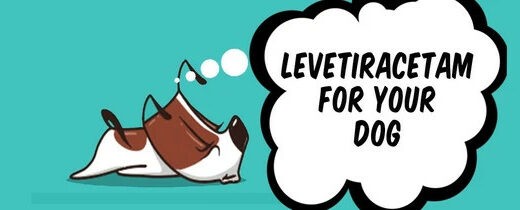Most dogs can go their whole lives without any concerns about their anal glands. Normally, when dogs poop, it expresses their anal glands naturally, releasing anal gland fluid from their anal sacs. Dogs may also involuntarily express their own anal glands when they are scared or stressed.
Expressing their own anal glands allows a dog to leave their scent behind to claim their territory near their home or in their yard during a normal bowel movement. A normal dog will release their own anal glands naturally. When dogs meet, they sniff each other’s hind ends and anal glands to gather information about the other dog’s hormonal status.
There are times, though, when these anal glands become full, impacted, or infected. Impacted or infected anal glands can be painful, so it’s important to recognize the signs of an issue and know what to do when it happens. Having healthy anal glands is crucial for your pet. When signs of anal gland infections or disease persist, you should contact your veterinarian to schedule an exam for your dog.
Here’s what you should know about anal glands in dogs, from how they work and how they’re expressed to the signs of anal sac disease and when to go to the vet.

What Are The Dog Anal Glands?
Dogs have two small glands located near their anus, called anal glands. These glands produce a scent marking fluid that helps dogs communicate with each other. However, sometimes there are anal gland issues, and the anal sacs can become impacted and need to be expressed manually. In this blog post, we’ll discuss what you need to know about expressing a dog’s anal glands.
Under normal circumstances, when stool passes through the anus of a dog, it applies pressure to the anal glands and releases (expresses) the fluid.
Both male and female dogs, as well as cats and other animals, have anal glands. These glands are not essential to your dog’s health, and they can live without them if they need to be surgically removed for medical reasons.
Why Do A Dog’s Anal Glands Need to Be Expressed?

Most dogs involuntarily express their anal glands. If a dog’s nutritional needs are being met with high-quality food, and they maintain a healthy weight and get plenty of exercise, they should not need to have their anal glands expressed. Healthy dogs typically do not have anal gland issues. If your dog is not having an issue, there is nothing further you need to do.
Anal glands can become impacted due to a variety of reasons, including dietary changes, food allergies, obesity, and certain medical conditions. When this happens, the glands in the anal region become swollen and produce a strong, unpleasant odor. If left untreated, the impacted glands can become infected, which can lead to pain and discomfort for your pet, as well as recurring anal gland issues.





